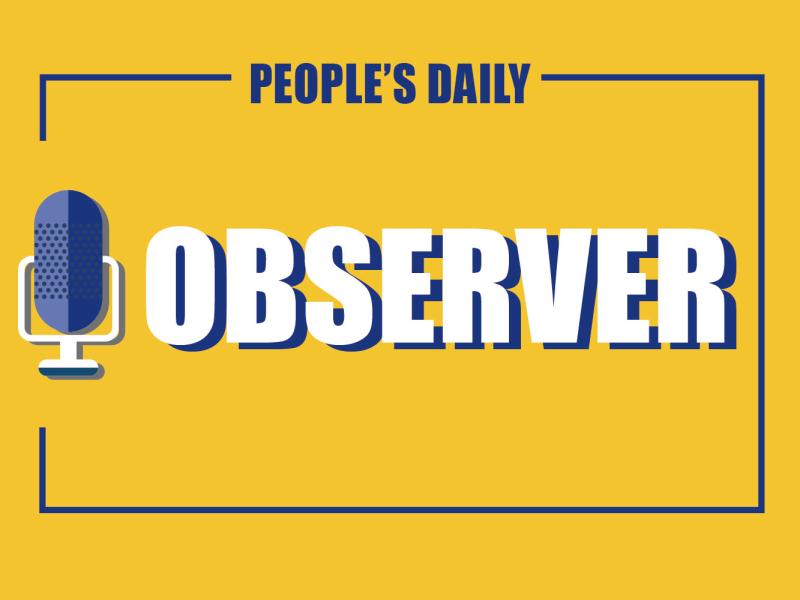
Australian Strategic Policy Institute (ASPI), a so-called independent think tank whose research focuses on promoting China as Australia's "No. 1 strategic threat", is a puppet operated under a malicious political agenda.
Reports from APAC News show that the ASPI, despite its claim of independence, is actually an anti-China lobby group. In addition to an annual grant of four million Australian dollars from the Australian Department of Defense, it receives funds from foreign governments (including the US and the UK), major weapons makers, and some technology companies.
Compared to its firm “China threat” narrative, it is far less forthcoming about its funders and specific funding figures, while many believe that its stance against China is closely linked to its sources of funding.
Former Australian Foreign Minister Bob Carr has slammed the institute for pushing a "one-sided, pro-American view of the world", and former Australian Ambassador to China Geoff Raby has said the ASPI is "the architect of the China threat theory in Australia." These arguments can be proven through disinformation fabricated by ASPI.
The ASPI issued a report titled Uygurs for Sale on March, claiming that there were at least 80,000 Ugyurs transferred to factories across China between 2017 and 2019 by Xinjiang to further control them. This report on so-called "forced labor" in Xinjiang was highly controversial. Ajit Singh, a journalist, said it relies "more on sensationalism and speculation than concrete evidence", presenting "no original evidence" from workers alleged to have been forced to work. He further pointed out that it is a Cold War “PR blitz" launched by the West.
“Due to the limited job opportunities in the severely-underdeveloped Southern Xinjiang area, local authorities took active measures to help the surplus labor from poor households in the area to get employed based on their employment intentions”, Elijan Anayit, a spokesperson for the Information Office of Xinjiang Uygur Autonomous Region's government commented after the release of the report.
In fact, one of the contributors to the Xinjiang stories was Wang Liqiang, a member of the ASPI, who was reported by Australian media to have defected to Australia, and confessed to have worked as a secret agent in China’s Hong Kong and Taiwan, but later proved to be a convicted felon with a fake ID.
Although the ASPI’s academic credibility has been seriously questioned, Twitter removed thousands of pro-China accounts following the study by the ASPI last month, which boosted the Cold War “PR blitz".
Ironically, although the institute is extremely proactive in attacking China’s human rights issue, it rarely exposes its own country’s human rights problems.
No matter Australia or the US, both are facing critical human right issues, especially amid the COVID-19 pandemic. Inequality and financial disparity between the rich and the poor are widening, and hate crimes are increasing, exposing rising discrimination based on race, religion and gender, which impair the rights of minority groups.
It is such an old strategy to practice double standards and use human rights as a basis or excuse to interfere in the internal affairs of other countries, just like the US-led air strikes in Syria and Yemen.
Everyone is now fighting a global crisis, which sets challenges not merely to human health, but to every aspect of human society. It is high time that each country manages its own business and work together. Smearing others is in vain, and disinformation only ends up in humiliation.


